Central Eurasia in Context
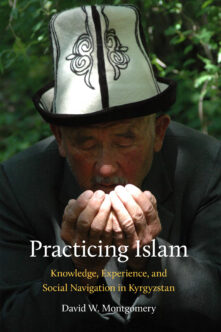

Practicing Islam
Knowledge, Experience, and Social Navigation in Kyrgyzstan
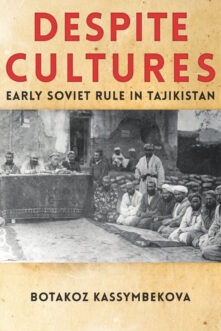

Despite Cultures
Early Soviet Rule in Tajikistan
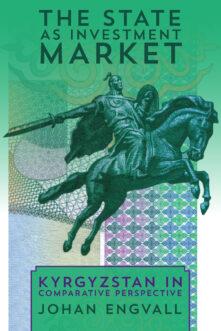

The State as Investment Market
Kyrgyzstan in Comparative Perspective
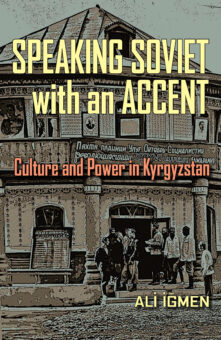

Speaking Soviet with an Accent
Culture and Power in Kyrgyzstan
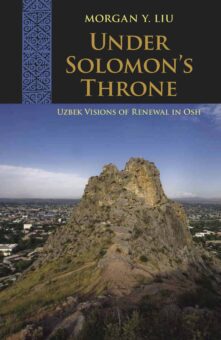

Under Solomon’s Throne
Uzbek Visions of Renewal in Osh
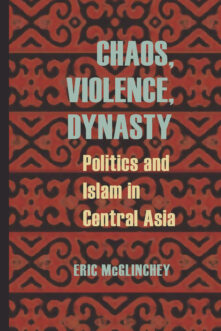

Chaos, Violence, Dynasty
Politics and Islam in Central Asia
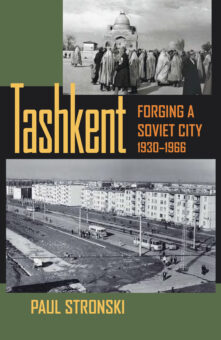

Tashkent
Forging a Soviet City, 1930–1966
Total 22 results found.

